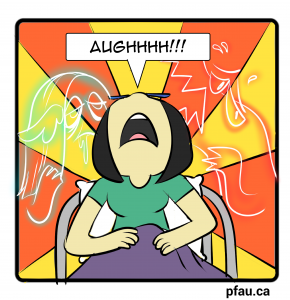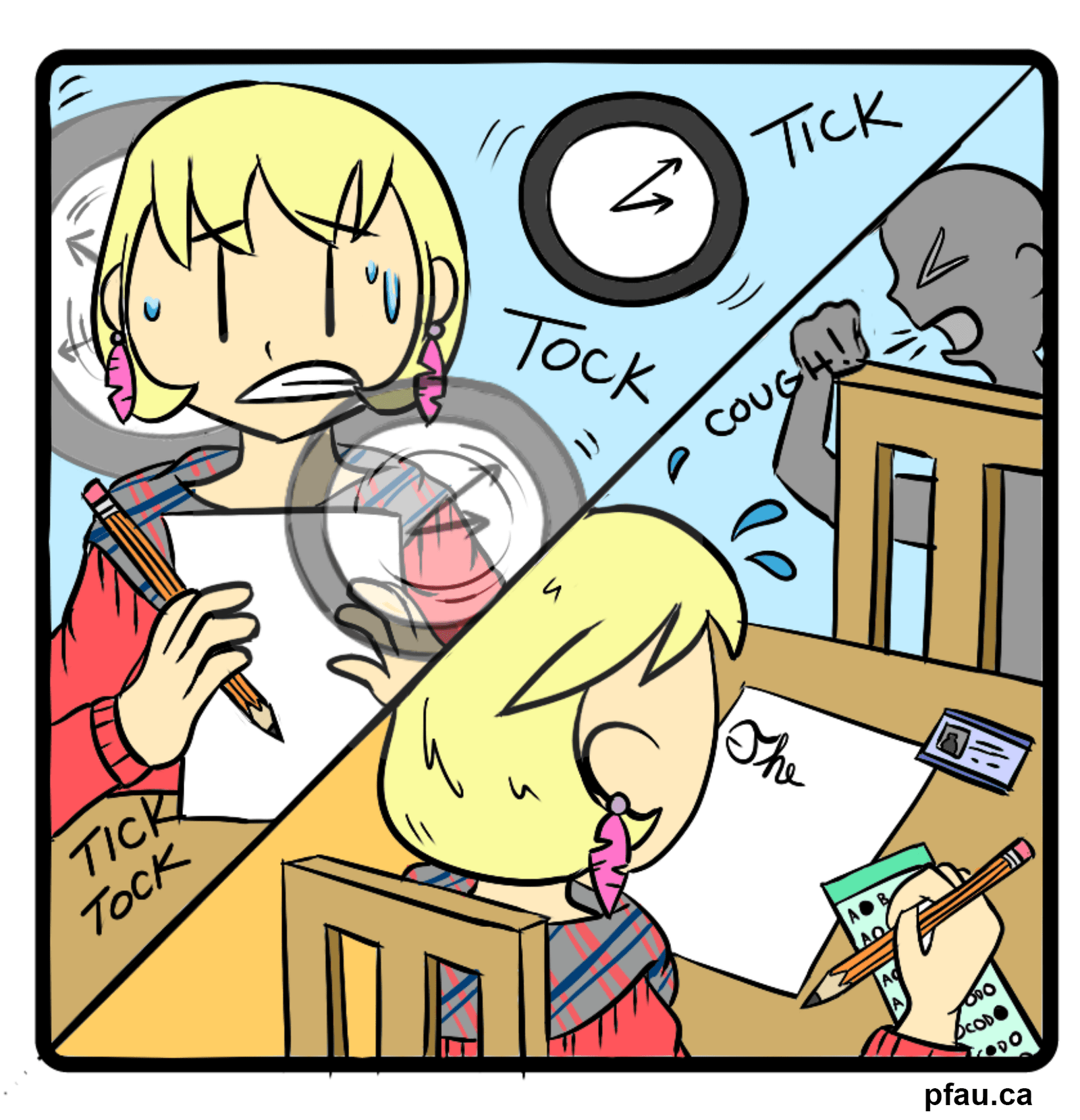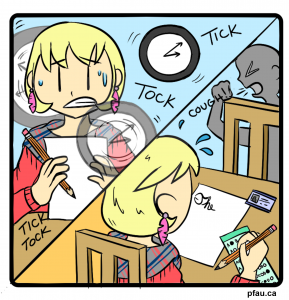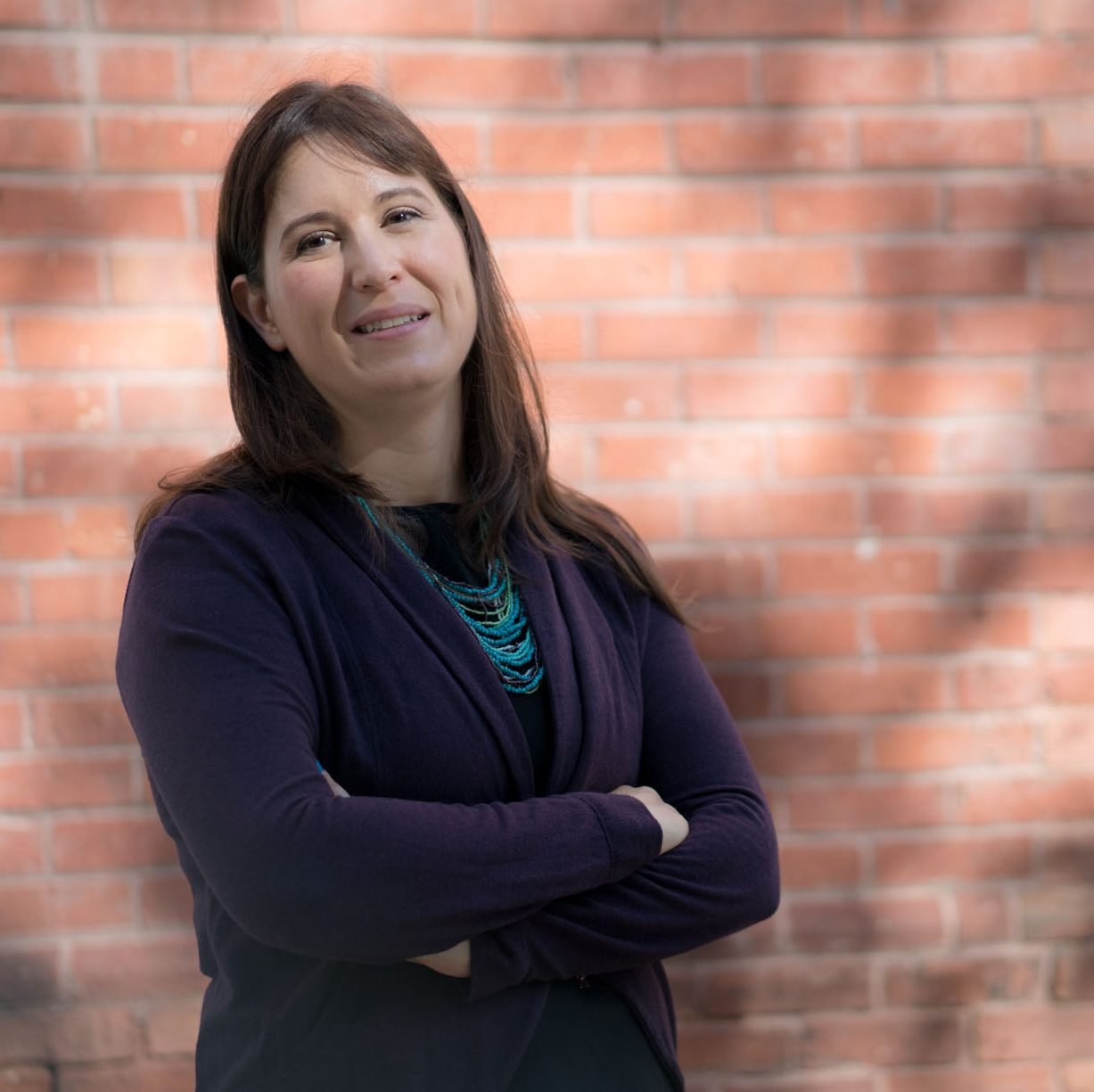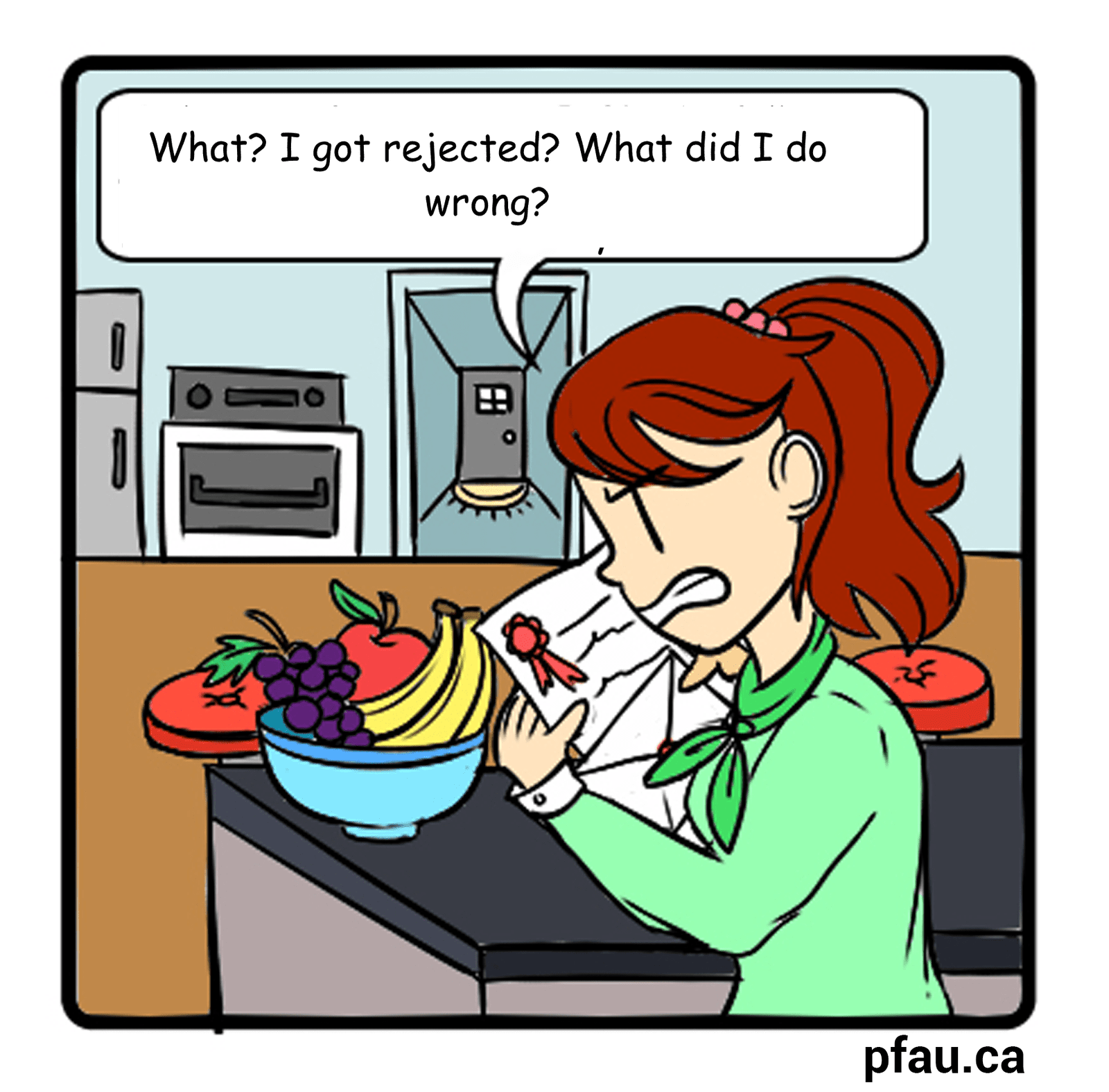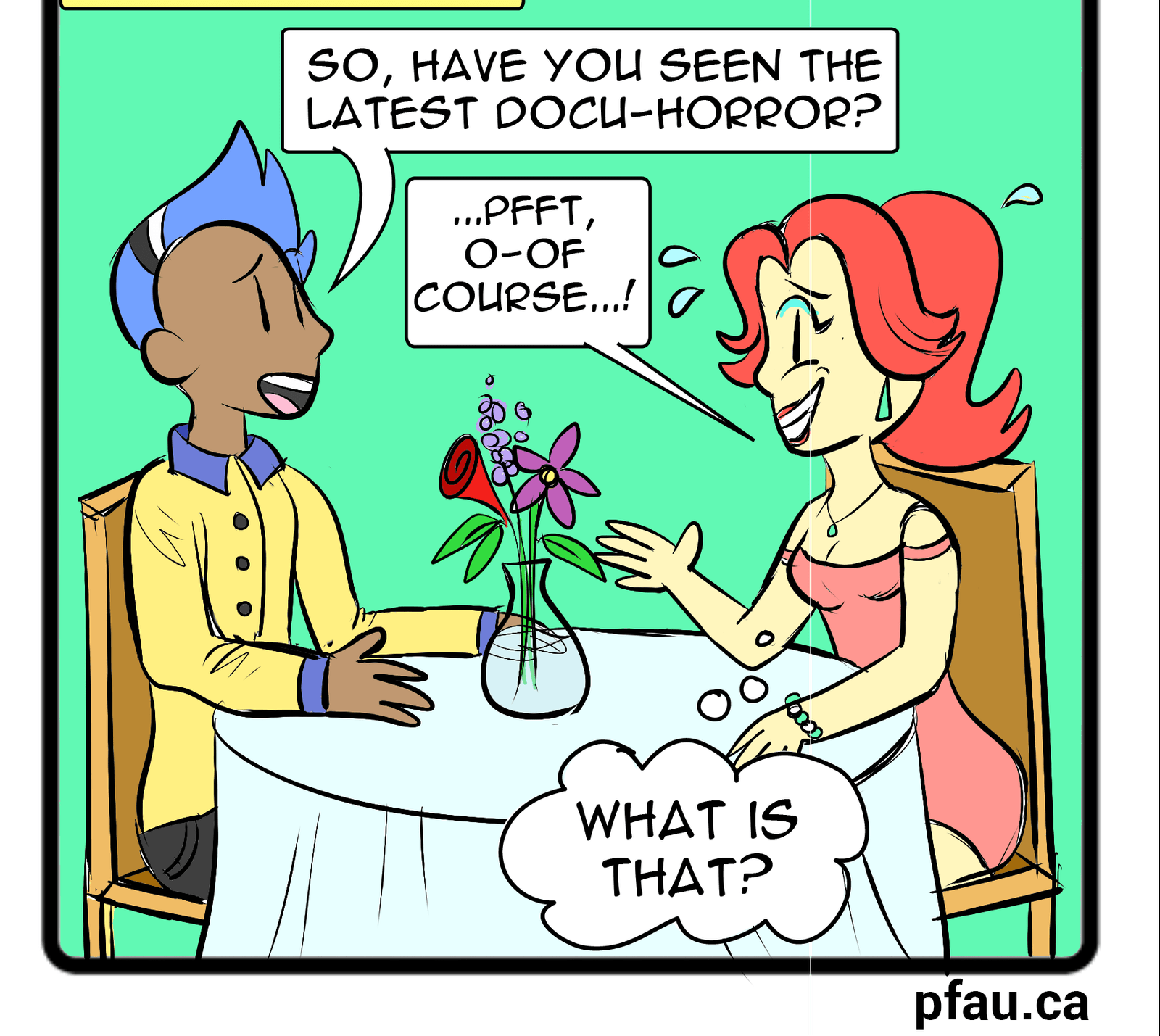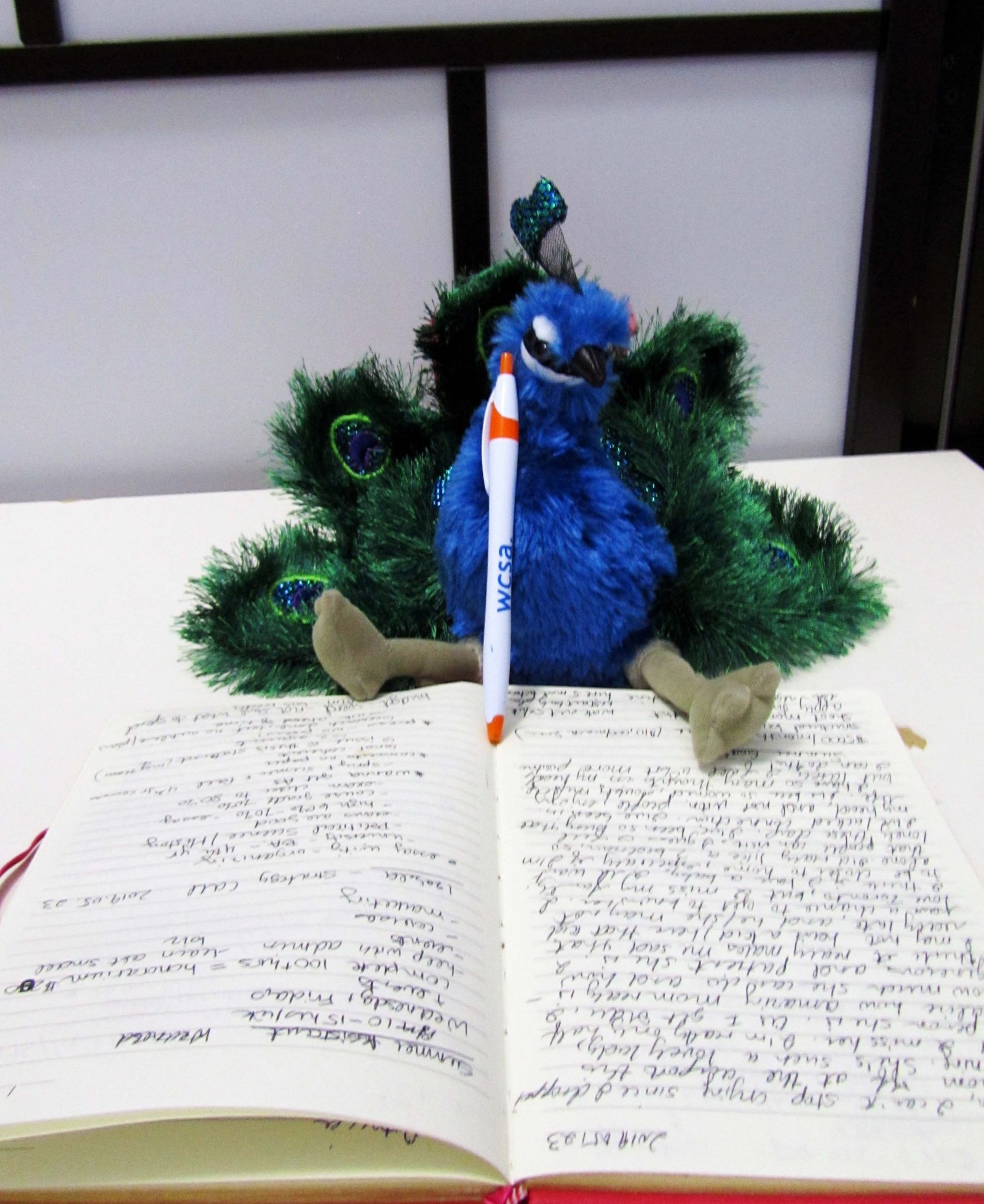We interview Lisa Pfau, founder and CEO of Pfau Academic Writing, about applying for university or college from high school, a critical step in many students’ lives. It is important to be fully prepared by exploring the programs and/or schools of interests, admission requirements, and application processes as there are different requirements. Extensive research and a solid plan are necessary to succeed in the application process.
_
As you may know, I have over 20 years of experience helping students with essay writing, application support and career development. One of my favorite things is getting to know students and helping them to develop their application essays.
What do you suggest students look for when picking a program or school?
_
Every year, and this still is the case, Maclean’s magazine publishes a university ranking edition. The magazine tells you all the universities in Canada, sometimes colleges, and their rankings. The magazine also ranks them by graduate school, medical school, law school and undergraduate program.
I was a pretty good student, so I wanted to go to one of the top 10 schools in Canada. The top school for Bachelor of Arts in Canada is Mount Allison University. But that’s all the way in the Maritimes, and that was too far from home for me. So eventually, I chose the University of Alberta, which at the time was ranked fifth. So if you’re a good student, you might want to go to a top school and see how they are ranked.
I would also consider your area of interest or study. You can choose the schools with reputable programs of your interest, which may not be the overall top school, but top in that field. For example, later on in life, I studied Chinese Politics. In Canada, there are really two or three universities that specialize in that, the University of British Columbia and University of Toronto were my top choices.
_
What kind of timeline should students expect?
I think the post-secondary application is something you should really start thinking about in Grade 11. When you apply, the schools are not going to have all of your Grade 12 marks. The schools will look at your Grade 11 marks and courses. Meeting course prerequisites is important as it will impact your acceptance. For example, Engineering has certain Math and Science prerequisites, and you should be able to show on your transcript that you are doing those courses when you apply. The other thing is to think about grades. They’re mostly going to see your Grade 11 marks and part of your Grade 12 marks. It is important to start thinking about your grades and investing and making your grades stronger as soon as you enter high school. Find out what the requirements are for your program early on, so that you plan those last two years of high school appropriately and make sure to get all those prerequisites to get into the programs you want.
Most people don’t know this, but the grade that every school will look at, no matter what you study, is your English grade, not English language, but English literature. A lot of times people may think that they do not need English for their programs of study, but schools will look at your English grades regardless. They know as a professional, you have to be a good communicator no matter your field of study.
In addition, it is time-consuming to choose the right university. Things such as booking those appointments with your guidance counselor to find out about the application process, researching schools, and planning visits all take time. If you want to apply for scholarships or student loans, you need to account for that time as well. If your wait until the last minute, you risk doing a sloppy application and missing out on your dream program.
_
What advice do you have for high school students transitioning to post-secondary school?
Whether you are a Canadian student or an international student, going to university is a big transition because you are no longer living at home. A lot of students are totally on their own. And of course, university and high school are very different from each other in the way that they’re structured. In universities, you can get lost in the crowd and nobody cares about you. I mean, if you take the time to talk to your professors, and they get to know you, of course, they care about you. However, the classes are so much bigger, so unless you take the initiative, nobody is going to notice if you skipped class. Whereas in high school, instructors or administrators are going to call your parents, check attendance, and track progress. Once you get into university, you are on your own, and you need to be responsible. So I think that’s a big change.
In this respect, going through the application process and thinking about what you want for your future actually can help to prepare you a bit for the new challenges of university itself. It’s a stressful process with tight deadlines somewhat similar to what the first year of assignments and exams feels like to new students.
I think the best thing someone told me is that it is gonna be a big transition and expect that your grades will drop by 20%. I had that impression already in my mind, so I knew university is gonna be very different from high school and it is going to be harder. As a result, I knew that even if I don’t do as well as before in the beginning, that is normal and it is actually part of the process and I can learn from that and improve. I think having a positive growth mindset is really valuable because it can be a big shock to the system.
_
Resources Recommendation
_
Maclean’s Magazine
Ontario Universities Info
Application Coaching at PFAU
Guide to Universities in Canada
_
Thank you, Lisa, for sharing the excellent advice with us and our readers!
_
Missed the podcast? Listen here:
_
_
For more advice about writing, check out our weekly podcast or subscribe to our monthly newsletter.
_
To get more help with your assignments, book a 20 minute discovery session with us and start your journey to reaching your full potential on the page, and in life.
Both the written, visual, audio, and audiovisual content of this post has been created by and is the intellectual property of Lisa Pfau and PFAU Academic Writing. Please do not replicate any of the above content without our consent. However, please do feel free to share this post and its authorship widely.
